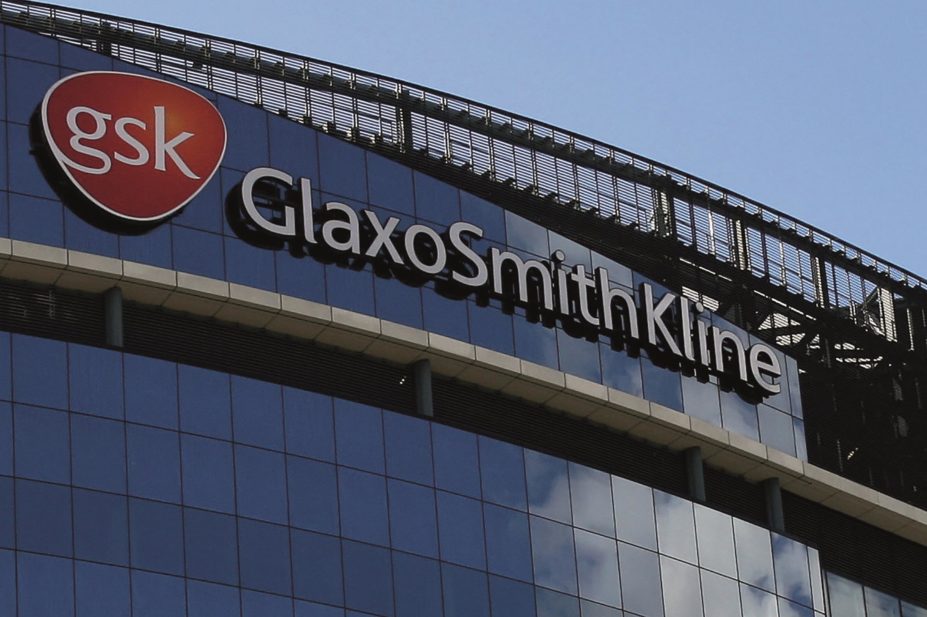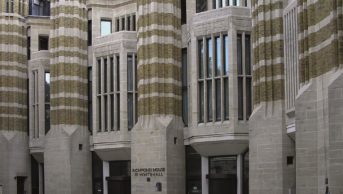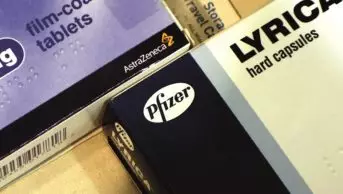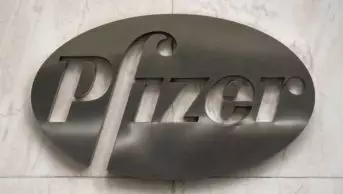
GSK
GlaxoSmithKline (GSK) has announced a series of measures designed to widen access to its medicines in the world’s poorest countries and expand its ‘graduated’ approach to filing and enforcing patents.
GSK says it will no longer file for patent protection in countries designated as the least developed or as low income countries and says it will grant licences to generic manufacturers to supply versions of GSK medicines in lower middle income countries, while seeking a “small royalty” on sales. The company has also stated its intention to commit future oncology products to patent pooling, whereby patent owners agree to license one or more of their patents to one another or to third parties.
Speaking on 31 March 2016 ahead of a meeting of the United Nations (UN) High Level Panel on Access to Medicines, Sir Andrew Witty, panel member and chief executive of GSK, said: “In itself, intellectual property protection is not a barrier to access to medicines. However, we recognise that the global healthcare challenge requires us to be flexible in our approach and responsive to different needs, particularly as the disease burden shifts from infectious to non-communicable diseases.”
Witty adds that GSK’s experience of voluntary licensing agreements for its HIV drug Tivicay (dolutegravir) through the UN-backed Medicines Patent Pool has given the company confidence that “increasing access, incentivising innovation appropriately and achieving business success can go hand in hand”.
GSK says implementation of its proposals will be subject to local laws.


